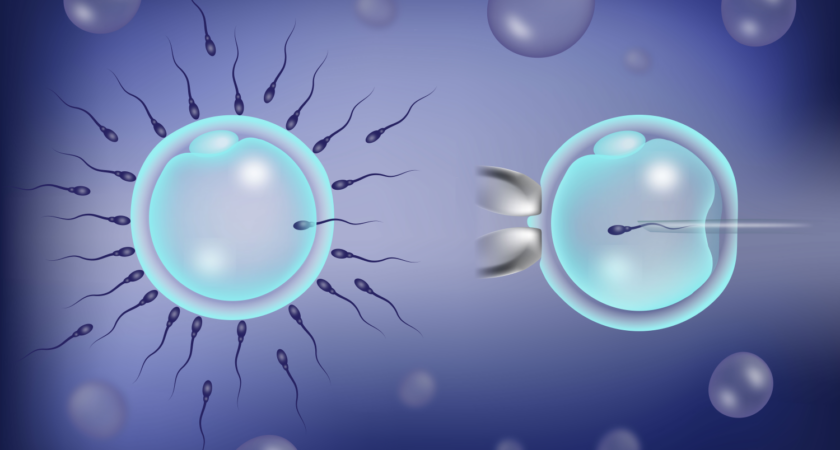The antagonist protocol begins directly with stimulation on the second day of the cycle, where an ultrasound is performed to check the ovarian state. During the stimulation period the scans and blood tests (measurement of estradiol and LH) and based on the findings, the simultaneous administration of an antagonist (Orgalutran, Cetrotide) to prevent premature ovulation…
The most recent protocol is that of ONE INJECTION, as it is called. It is essentially chorifolitropin α (ELONVA) which is given once on the second day of the cycle and essentially replaces the seven-day injections! From the 6th day it is combined with an antagonist and from the 8th day, if the stimulation is…
Mini IV, is a popular stimulation protocol in cases of poor ovarian response to ovarian stimulation hormones and therefore it is basically a mini stimulation protocol. It starts with the measurement of the hormone levels on the second day of the menstrual cycle, in order to avoid a cycle that may not be successful in…
In cases of excessively poor ovarian response, I apply the embryo banking protocol in natural or mildly modified natural cycles until a sufficient number of embryos are cryopreserved, which may vary in every case, based on the woman’s age and history criteria. Therefore, when no response to drug stimulation is expected, the natural cycle is…
A useful tool for the embryonic banking procedure is the puncture of the follicles in the second phase (luteal phase) of the menstrual cycle. Our team's studies have noted that women with low ovarian reserve and high FSH levels, recruit follicles in the second phase of the cycle, which naturally in the body are unable…

Microfertilisation or ICSI is the selection of a normal spermatozoa from the embryologists, based on its morphological characteristics and its smooth mobility, its aspiration with a micropipette and the injection of it straight into the egg.
Fertilisation with ICSI is applied in the following cases:
• Weak sperm
• History of endometriosis
• Advanced reproductive…

